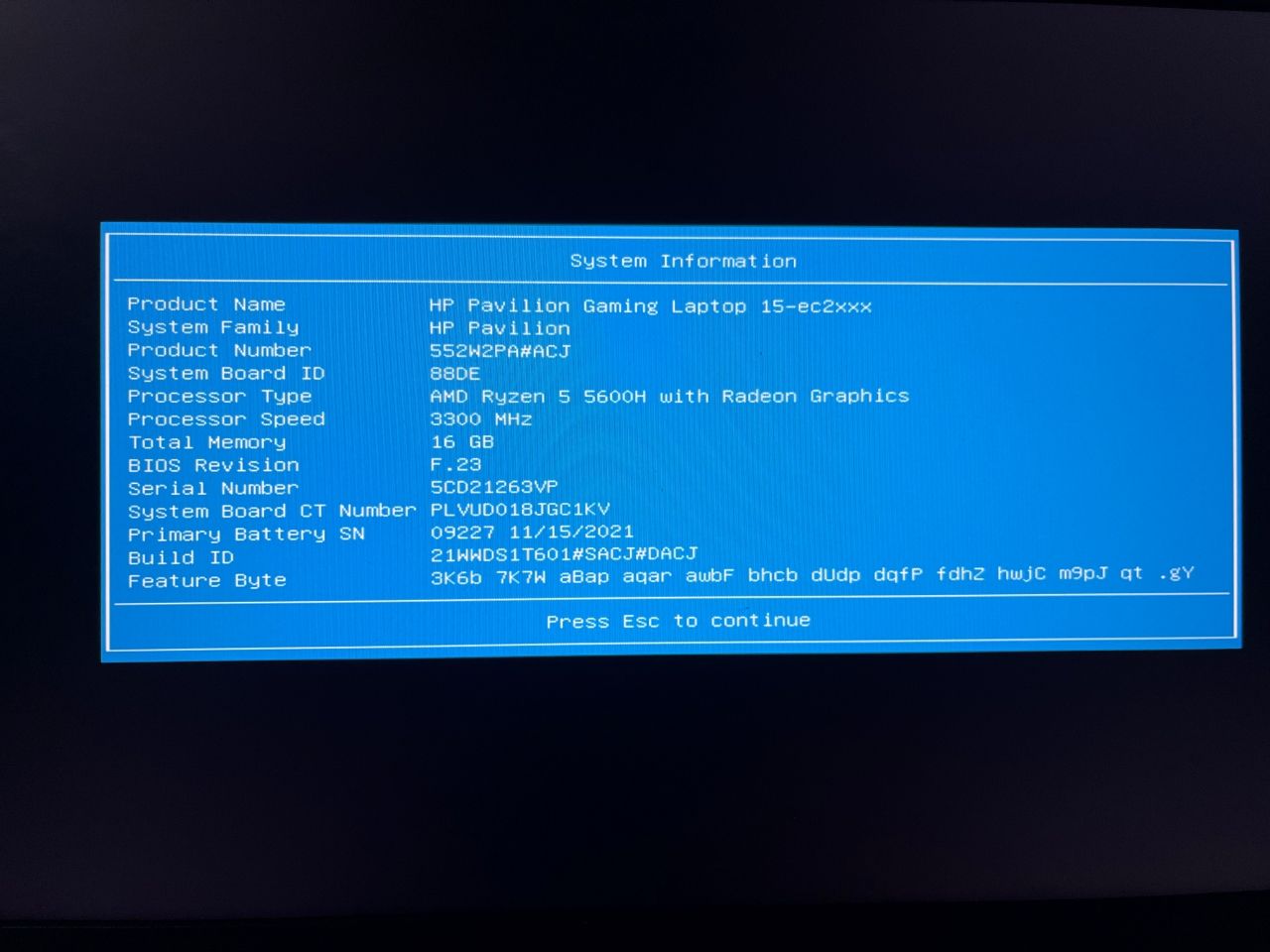
Six Easy Steps To Knowing The Model Behind Your PC Windows Edition

Six Easy Steps To Knowing The Model Behind Your PC Windows Edition
Whether you want to find the correct hardware upgrade for your computer or want to fix an issue, knowing about your computer model name can come in handy in various situations. Here are 6 quick ways to check your computer model name on Windows.
1. Using the Settings App
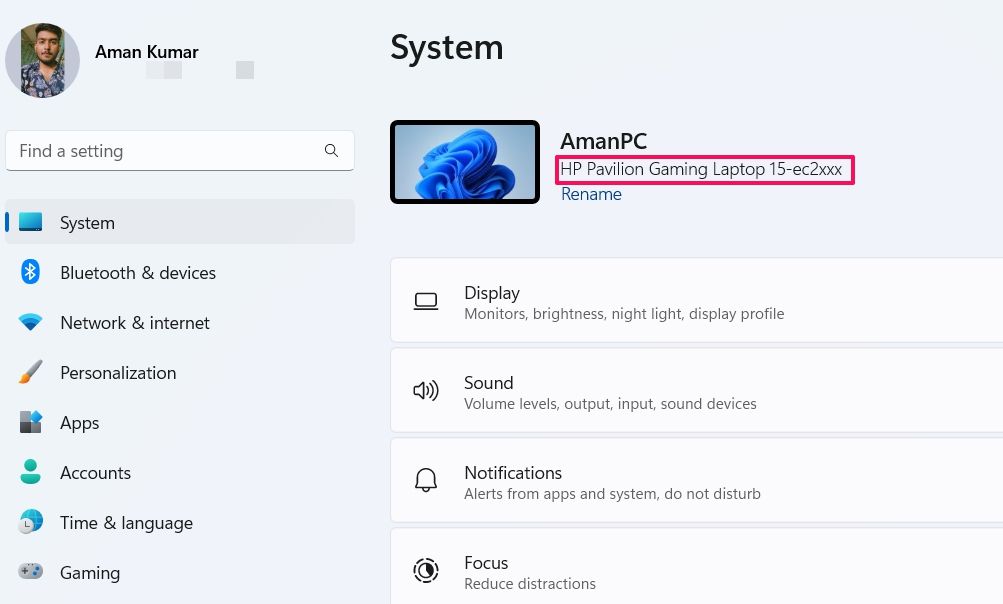
The quickest way to check your computer model name and number is through the Settings app. Simply, launch theSettings app (see how to open the Settings app on Windows ) and chooseSystem from the left sidebar. You’ll see your computer model name at the top of the System window.
2. Using the System Information App
The System Information is the go-to place to check your system information on Windows 11 . You can use it to know about your computer’s hardware resources, components, and software environment.
To see your computer model name using the System Information app, follow the below instructions:
- Press theWin + S hotkeys to openWindows Search.
- In the search bar, typeSystem Information and chooseOpen from the right pane.

- ChooseSystem Summary from the left sidebar.
- Check theSystem Model row in the right pane to know about your computer model name.

3. Using the DirectX Diagnostic Tool
The DirectX Diagnostic Tool contains information about the DirectX components and drivers installed on your computer. You can also use this tool to get information like System model, BIOS, Processor, Memory, Page file, and more.
Here’s how to use the DirectX Diagnostic Tool to know about your system model name:
- Use one of the many ways to open the Run dialog box .
- In the text field, typedxdiag and clickOK.
- Click theSystem tab in the DirectX Diagnostic Tool.
- Under the System Information section, you can check your computer model name next to theSystem Model option.


4. Using the Command-Line Tools
If you’re an advanced Windows user, you can use the command-line tools, Windows PowerShell and Command Prompt, to know everything about your computer. Here’s how to use the Command Prompt to check your computer model name:
- Open the Windows Search, typeCommand Prompt in the search bar, and press Enter.
- In the Command Prompt window, typewmic csproduct get name , and press Enter.

You’ll see the model name on the console screen.
Now, to view the model name using Windows PowerShell, launch Windows PowerShell, type the following command, and press Enter.
Get-CimInstance -ClassName Win32_ComputerSystem
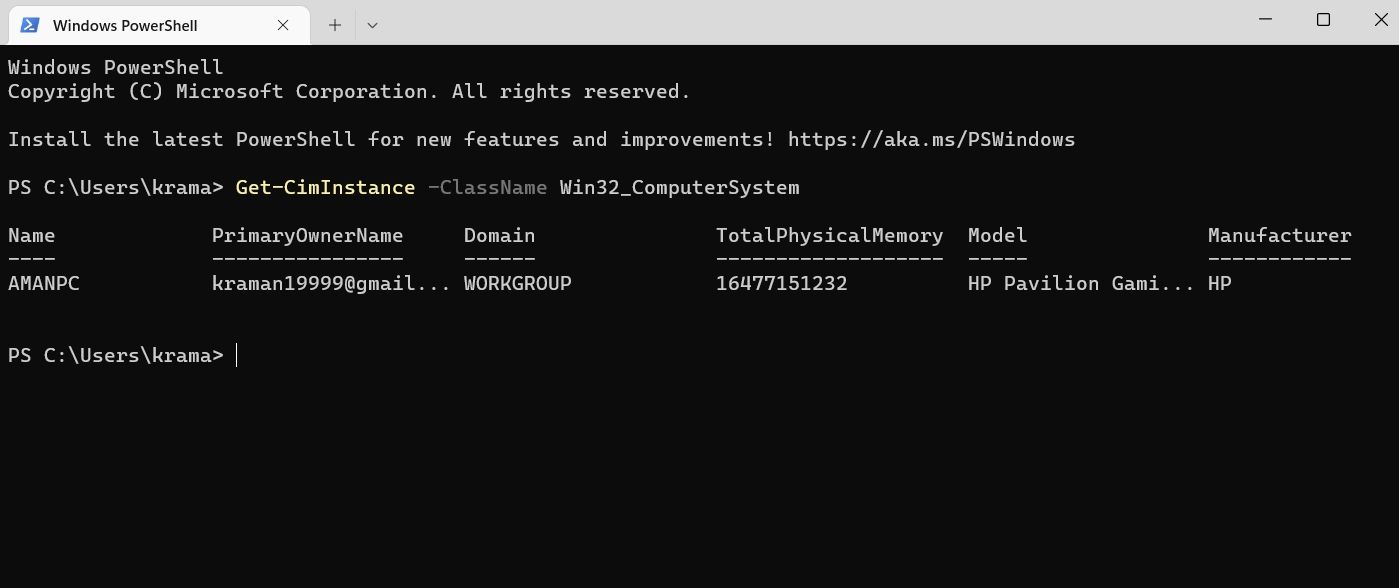
In case you want to check your computer serial number, execute the following command in the PowerShell window.
Get-CimInstance -ClassName Win32_bios
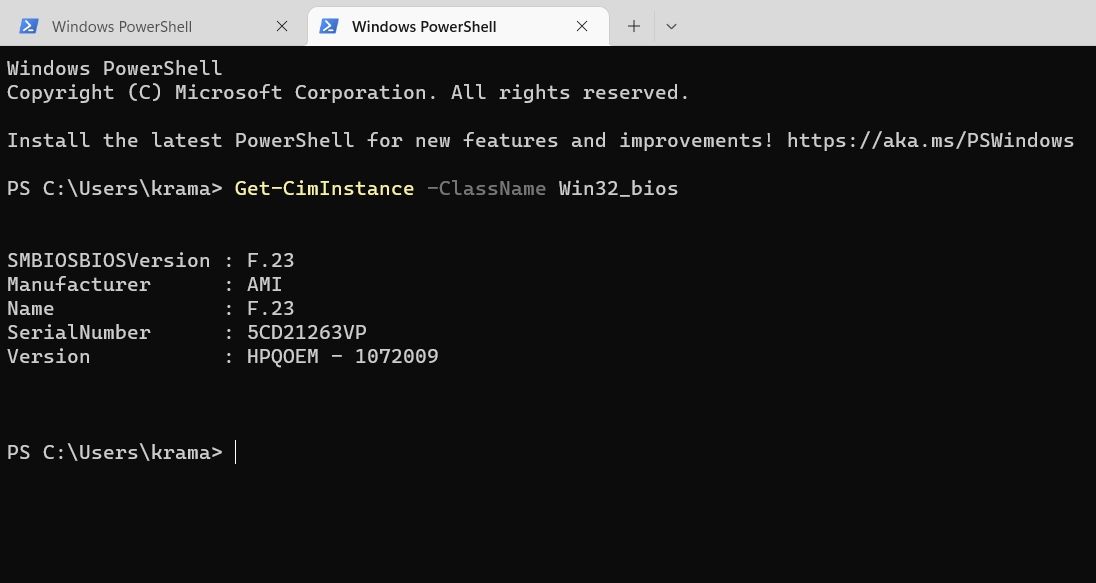
5. Using the Manufacturer’s Assistant App
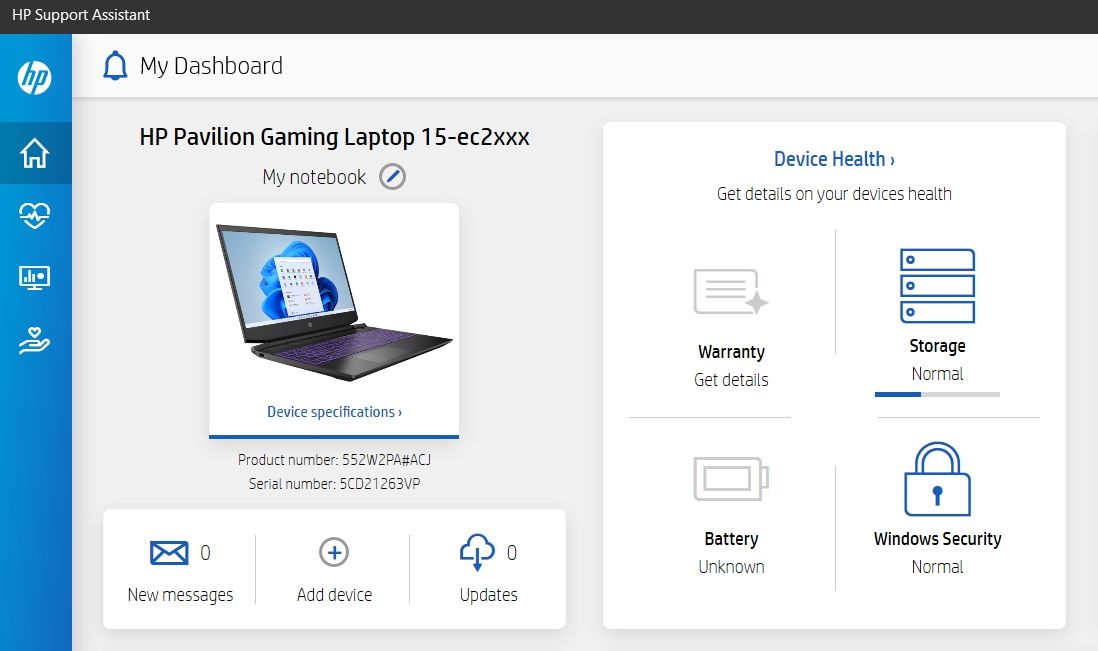
Most manufacturers nowadays offer an assistant app using which you can check your computer model name and number. For instance, if you’re using an HP laptop, you can download the HP Support Assistant app to know everything about your computer.
Similarly, you can download the assistant app of your manufacturer to check your computer’s name.
6. By Entering the BIOS
The Basic Input / Output System, aka BIOS, lets you configure basic computer settings like boot order, hardware components, and more. You can also use the BIOS menu to know every tiny detail about your computer.
Here’s how to enter the BIOS menu on Windows and check your computer model name:
- Open the Settings app, and chooseWindows Update from the left sidebar.
- Choose theAdvanced options.
- UnderAdditional options, select theRecovery option.
- Click theRestart now button next toAdvanced startup. Your computer will not boot into Recovery mode.

 Screensaver Factory, Create stunning professional screensavers within minutes. Create screensavers for yourself, for marketing or unlimited royalty-free commercial distribution. Make screensavers from images, video and swf flash, add background music and smooth sprite and transition effects. Screensaver Factory is very easy to use, and it enables you to make self-installing screensaver files and CDs for easy setup and distribution. Screensaver Factory is the most advanced software of its kind.
Screensaver Factory, Create stunning professional screensavers within minutes. Create screensavers for yourself, for marketing or unlimited royalty-free commercial distribution. Make screensavers from images, video and swf flash, add background music and smooth sprite and transition effects. Screensaver Factory is very easy to use, and it enables you to make self-installing screensaver files and CDs for easy setup and distribution. Screensaver Factory is the most advanced software of its kind. - Navigate toTroubleshoot >Advanced options >UEFI Firmware Settings >Restart.
- Usually, your computer will now boot straight into UEFI BIOS. But in some manufacturers like HP, you’ll be welcomed with aStartup Menu. ChooseSystem Information from the menu.
 OtsAV DJ Pro
OtsAV DJ Pro - You can check your computer name in the System Information section.
Get to Know Your Computer’s Model on Windows
These were all the working ways using which you can know your computer model name. However there are many other methods to check the name, but the ones mentioned above are among the quickest and easiest.
- Title: Six Easy Steps To Knowing The Model Behind Your PC Windows Edition
- Author: David
- Created at : 2024-08-16 00:18:27
- Updated at : 2024-08-17 00:18:27
- Link: https://win11.techidaily.com/six-easy-steps-to-knowing-the-model-behind-your-pc-windows-edition/
- License: This work is licensed under CC BY-NC-SA 4.0.

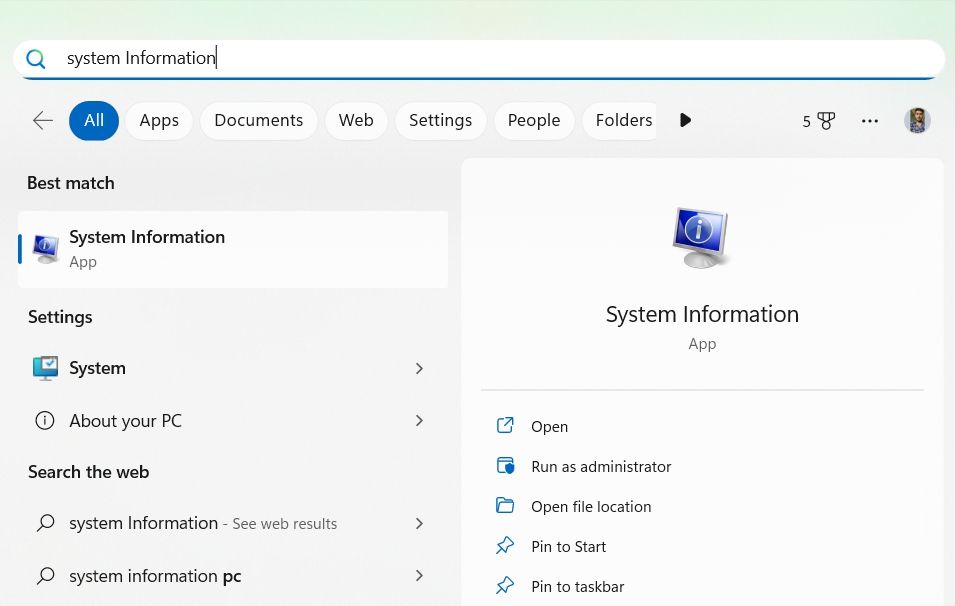
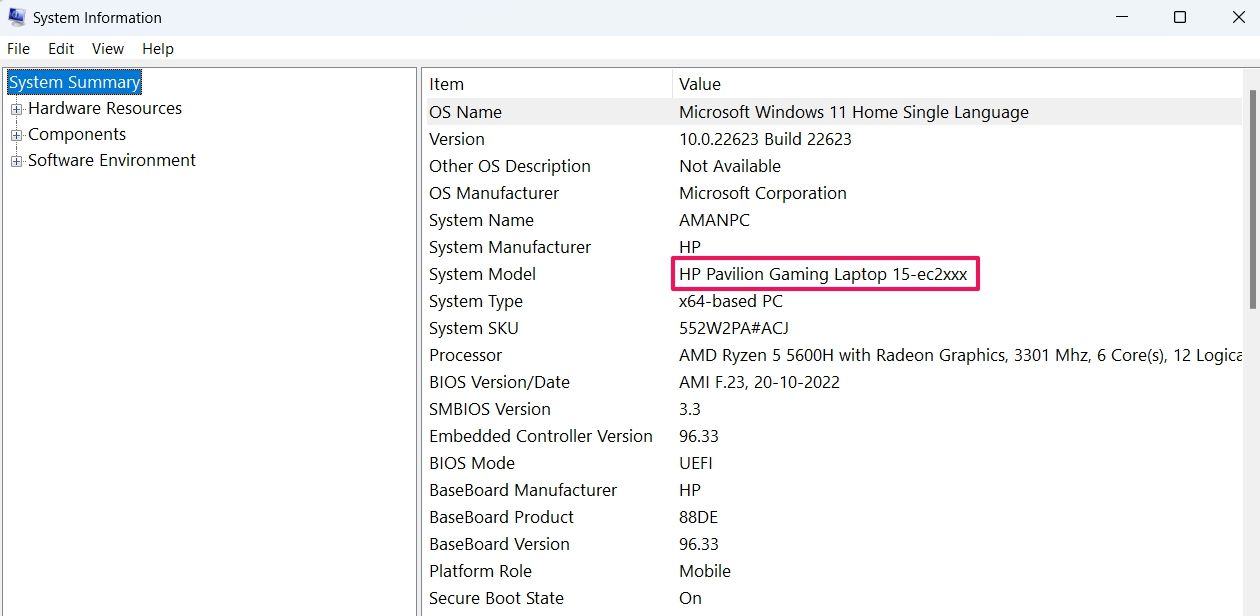
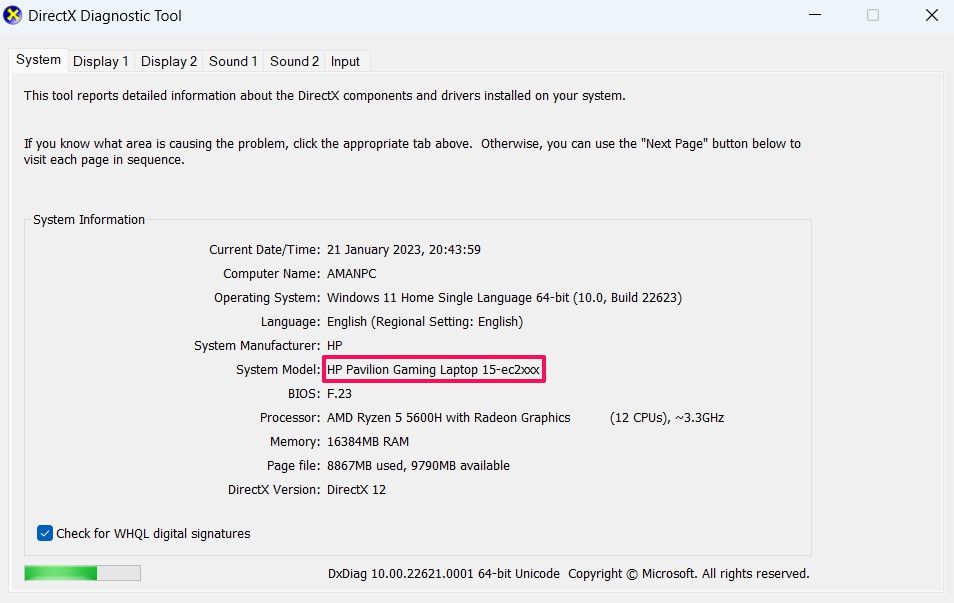

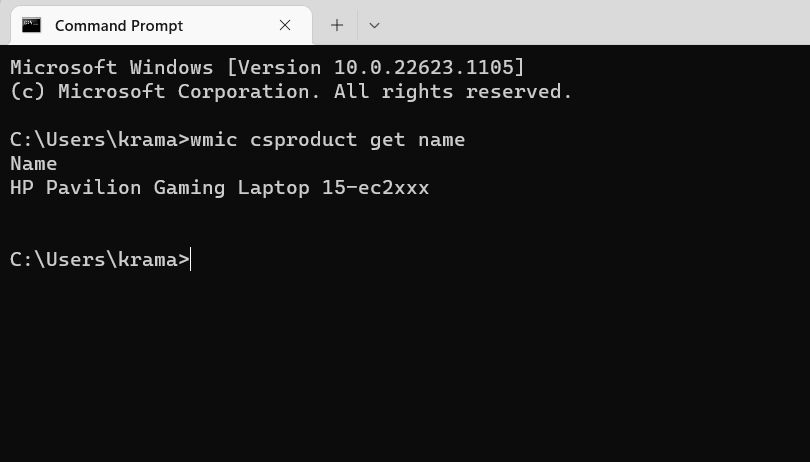
 The BootIt Collection covers multi-booting, partitioning, and disk imaging on traditional PC’s using the standard BIOS and newer PC’s using UEFI. The collection includes BootIt Bare Metal (BIBM) for standard BIOS systems and BootIt UEFI (BIU) for UEFI system.
The BootIt Collection covers multi-booting, partitioning, and disk imaging on traditional PC’s using the standard BIOS and newer PC’s using UEFI. The collection includes BootIt Bare Metal (BIBM) for standard BIOS systems and BootIt UEFI (BIU) for UEFI system.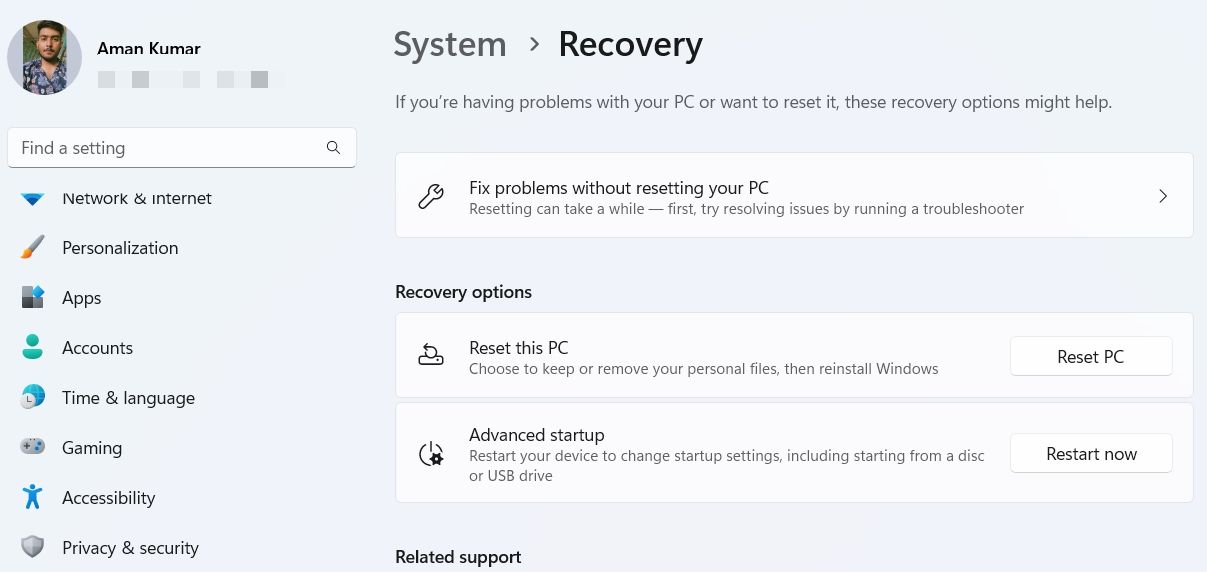
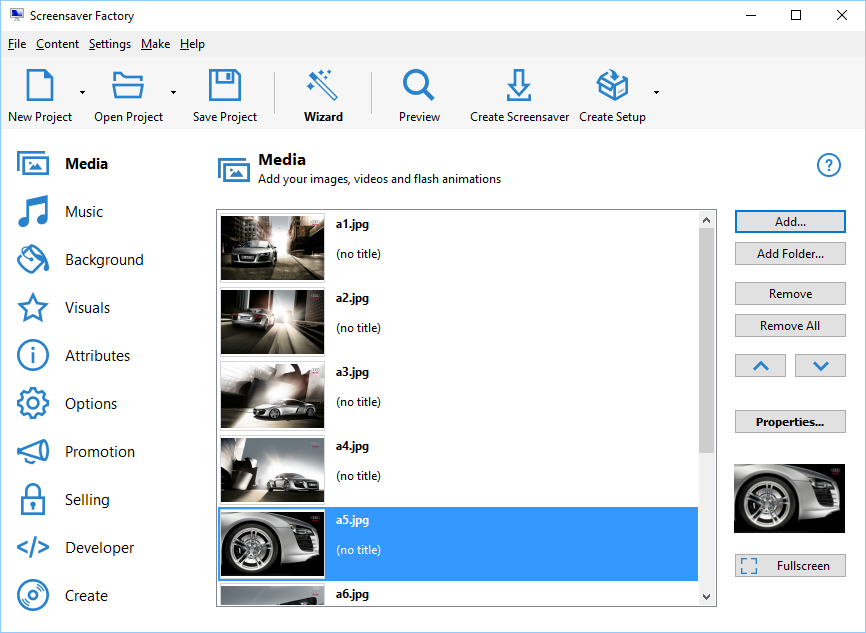 Screensaver Factory, Create stunning professional screensavers within minutes. Create screensavers for yourself, for marketing or unlimited royalty-free commercial distribution. Make screensavers from images, video and swf flash, add background music and smooth sprite and transition effects. Screensaver Factory is very easy to use, and it enables you to make self-installing screensaver files and CDs for easy setup and distribution. Screensaver Factory is the most advanced software of its kind.
Screensaver Factory, Create stunning professional screensavers within minutes. Create screensavers for yourself, for marketing or unlimited royalty-free commercial distribution. Make screensavers from images, video and swf flash, add background music and smooth sprite and transition effects. Screensaver Factory is very easy to use, and it enables you to make self-installing screensaver files and CDs for easy setup and distribution. Screensaver Factory is the most advanced software of its kind.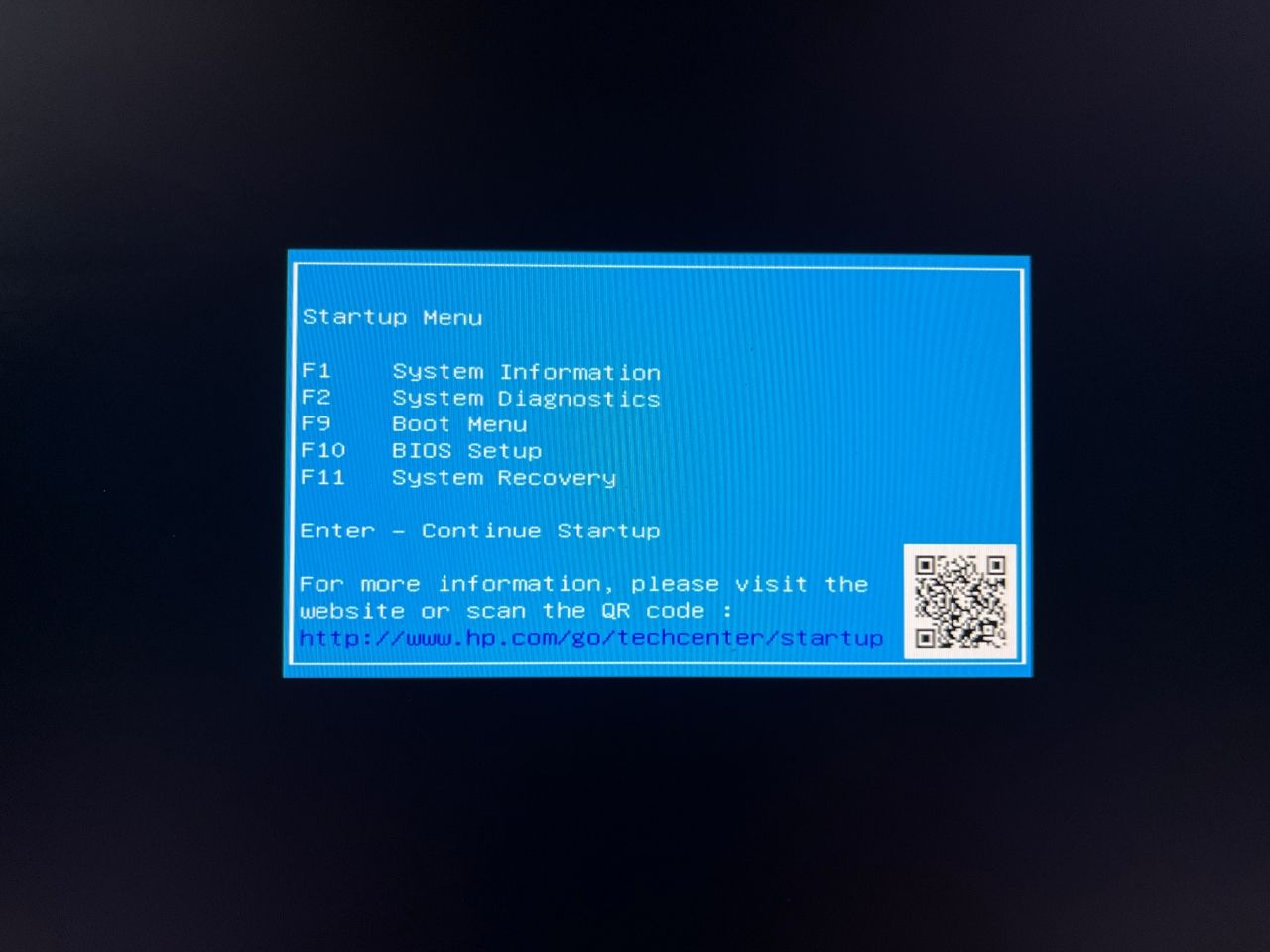
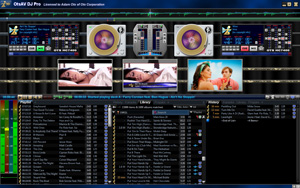 OtsAV DJ Pro
OtsAV DJ Pro